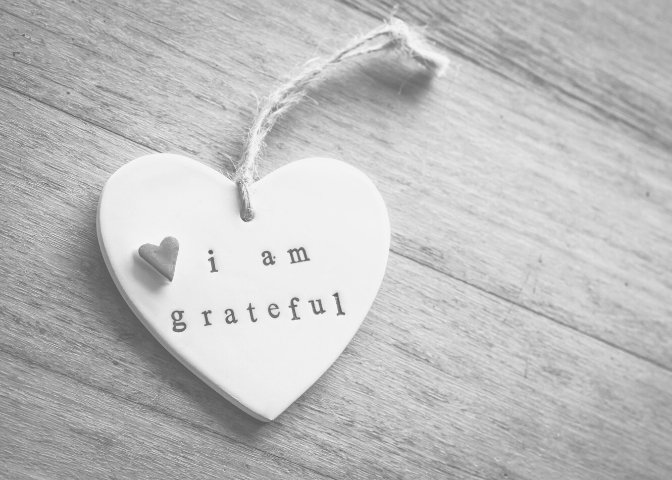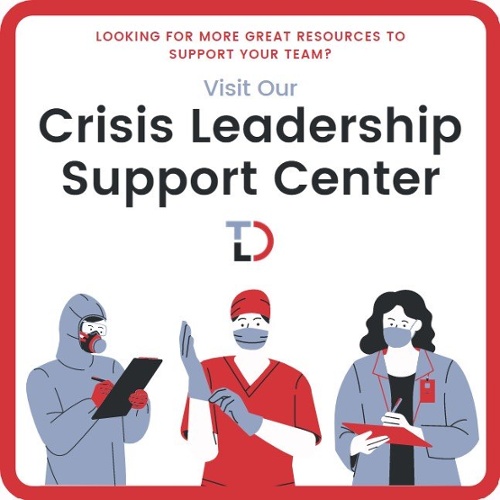Pre-Pandemic
Numerous studies pre-pandemic found burnout among US physicians estimated between 30% to 40% and burnout among US nurses, an estimated 34 percent. Additionally, several authors posit, “burnout does not accurately capture physician distress, rather it’s moral injury.” Moral injury is described as “the challenge of simultaneously knowing what care patients need but being unable to provide it due to constraints that are beyond our control.[i]
The Well-Being Index (created by the Mayo Clinic) released a comprehensive report in 2019 on the state of well-being among healthcare workers. The report found Stress & Resiliency to be the number one resource sought by physicians, nurses, residents and fellows, advanced practice providers and other healthcare occupations to help improve their well-being.
With the continued trauma, grief, pain and human suffering brought on by COVID-19, we can conclude the above pre-pandemic numbers have exponentially increased as the uncertainty of COVID-19 continues to take its toll on caregivers, patients and institutions. It’s safe to say, the pandemic impact on stress, anxiety, depression and post-traumatic stress for physicians and nurses is now at epidemic levels of burnout/moral injury.
Consider this…
The National Academy of Medicine recommends several strategies to help sustain clinicians’ well-being amidst the COVID-19 outbreak, including, to remind yourself and others of the important and noble work you are doing and to recognize colleagues for their service whenever possible.
A recent article published by the American Medical Association - Understanding and Addressing Sources of Anxiety Among Health Care Professionals During the COVID-19 Pandemic, noted: “the importance of simple and genuine expressions of gratitude for the commitment of health care professionals and their willingness to put themselves in harm’s way for patients and colleagues cannot be overstated.” endnote
What is gratitude exactly, and how can something “simple” come close to support clinicians’ dire needs?
The most recognized definition of gratitude is the affirmation of goodness and the recognition of goodness outside yourself. From the Latin root, gratitude translates as gratus or gratia — thankful, by favor. And, as the great Roman philosopher, Cicero once said, “Gratitude is not only the greatest of virtues but the parent of all others.”
What does the research tell us?
There is an extensive body of research which documents the many potential benefits of gratitude:
Consider the role gratitude has played in other traumatic events.
- A study in the Clinical Medical and Research Journal of healthcare workers during a 2014 MERS-CoV outbreak found special recognition by hospital administration was one of the top five staff satisfiers. This, along with a positive attitude in the workplace, would enhance healthcare workers’ experience during future MERS-CoV outbreaks.
- A 2018 study in the International Journal of Social Psychiatry of New Orleans police officers following Hurricane Katrina indicated that positive factors such as gratitude and social support led to fewer depressive symptoms and helped mitigate post-traumatic stress disorder symptoms.
- Another study in the Journal of Personality and Social Psychology found gratitude was a major contributor to resilience after the 9/11 terrorist attacks, holding depressive symptoms “at bay and fueling postcrisis growth.”
- A study in the Journal of Positive Psychology of Israeli adolescents exposed to missile attacks found gratitude, more than other positive emotions, was linked to a greater appreciation of life and may serve as a protective factor against PTSD symptoms.
The Urgency for Resilience
Now more than ever, there’s an urgency to build a reserve of resilience. Resilience is generally defined as a commitment to finding purpose in negative events, the ability to adapt in the face of trauma and adversity and to bounce back when inevitable setbacks occur. Just as being fearless is not the absence of fear, being resilient is not the absence of trauma and adversity. Rather, it’s the ability to work through them and ultimately support post traumatic growth.
Resiliency experts categorize resilience in four ways:
- Emotional resilience – the ability for an individual to manage stressors and emotions in a healthy, positive way;
- Psychological resilience – sometimes referred to as mental fortitude. The ability to cope and adapt to uncertainty, challenges, and adversity;
- Physical resilience – the body’s ability to adapt and recover from illness, accidents, or other physical demands;
- Community resilience – a community’s ability to recover from adverse situations, e.g., violence, natural disasters, pandemics and other significant hardships.
That’s not to say if you practice gratitude, life’s challenges disappear. However, there’s growing evidence in the role gratitude plays in having more resilience when dealing with today’s stressful and often challenging life experiences.
Next Steps
Consider adding micro-practices of gratitude into your existing activities.
- Find a quiet moment to reflect on someone or something that brought you comfort or peace (while washing your hands, before stepping into a patient’s room).
- Try sitting in your car before turning on the ignition, set your phone timer to two-minutes, close your eyes, take a deep breath, and reflect. In your reflection, identify a positive emotion you felt in the last 24 hours and why you’re grateful.
- Consider the practice of Three Good Things (TGT). Before going to sleep, write down three things you’re grateful for and why. A TGT study done through the Duke Center for Healthcare Safety and Quality found significant positive benefits on self-reported happiness, burnout, work-life balance, and depression.
Practicing gratitude during the pandemic is not easy to do, and yet, it can help process difficult experiences. Practicing gratitude is not to deny the negative event but promotes the healing of troubled memories that arise from negative experiences. Consider the practice of gratitude as a protective response to support well-being now and the potential long-term repercussions of the pandemic. Gratitude gives you the power to reenergize, to heal, bring hope, and help you cope with these harsh and challenging times.
Endnote
[1] Dean W, Talbot S, Dean A. Reframing Clinician Distress: Moral Injury Not Burnout [published correction appears in Fed Pract. 2019 Oct;36(10):447]. Fed Pract. 2019;36(9):400-402.
2 Shanafelt T, Ripp J, Trockel M. Understanding and Addressing Sources of Anxiety Among Health Care Professionals During the COVID-19 Pandemic. JAMA. 2020;323(21):2133–2134. doi:10.1001/jama.2020.5893
Recommended Content
 Linda Roszak Burton, ACC, BBC, BS
Linda Roszak Burton, ACC, BBC, BS
Linda Roszak Burton, ACC, BBC, BS, Founder, is Managing Partner of DRW Inc., a leadership development and executive coaching firm. The firm supports leaders and teams who want to create a positive, psychologically safe and inspiring work environment. She combines the latest research in positive psychology, gratitude, and neuroscience in the delivery of executive and team coaching services. In addition, she offers a series of gratitude webinars on the research, the related benefits and the correlates of gratitude and neuroscience to support clinicians and healthcare staff overall well-being during the pandemic.
Linda is a credentialed executive coach through the International Coach Federation (ICF), a certified Brain-Based Coach through the NeuroLeadership Institute, a licensed Positive Psychology Instructor, and a member of the Institute of Coaching at McLean Hospital/Harvard Medical School Affiliate. She holds a B.S in Health Education from Virginia Tech and has completed coursework pursuing an M.S. in Conflict Management at the University of Baltimore.
Linda is a frequent blogger on gratitude and the author of Gratitude Heals®- A Journal for Inspiration and Guidance and the soon-to-be-released eBook: It Takes a Pandemic – 30 Days to Find Gratitude, Hope and Kindness.






